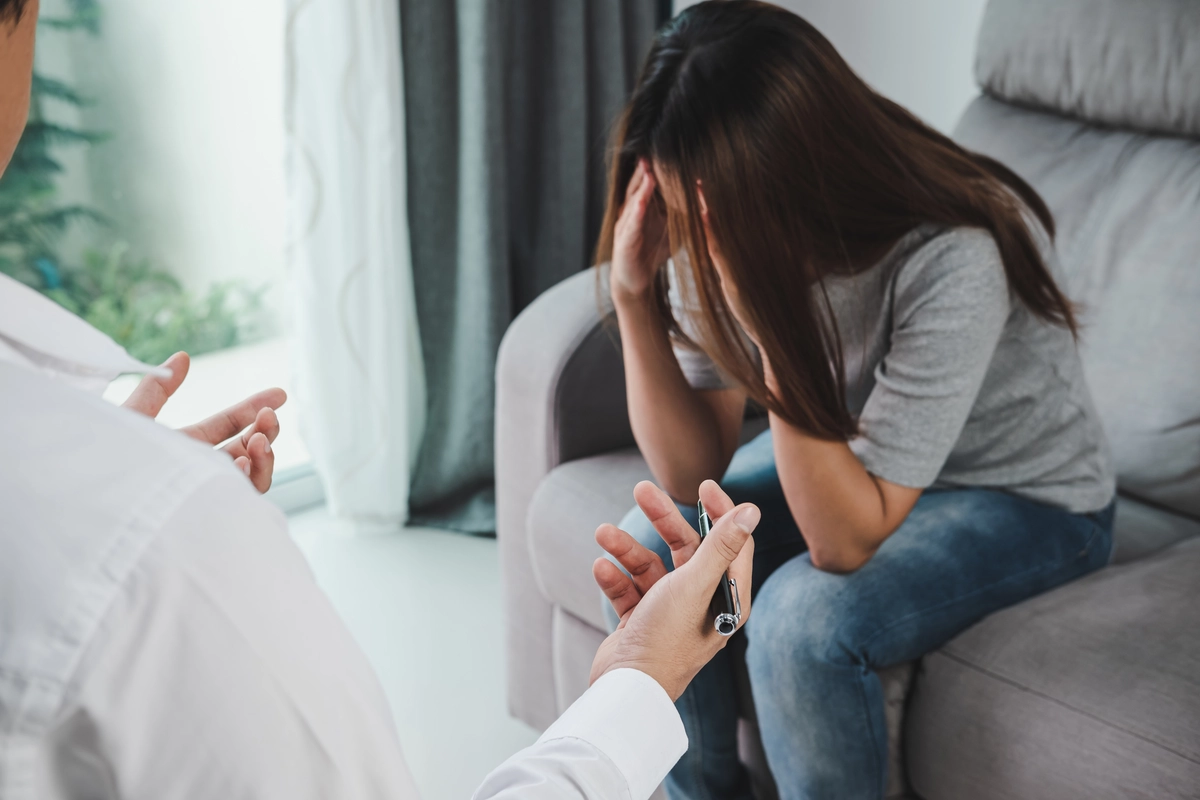24/7 Helpline:
(866) 899-111424/7 Helpline:
(866) 899-1114
Learn more about Group Therapy centers in Shenandoah
Group Therapy in Other Cities
Other Categories in Shenandoah

Other Insurance Options

WellPoint

Magellan Health

AllWell

Access to Recovery (ATR) Voucher

Holman Group

BHS | Behavioral Health Systems

Humana

PHCS Network

EmblemHealth

UnitedHealth Group

Coventry Health Care

Providence

Sutter

Absolute Total Care

Lucent

Health Choice

ComPsych

Horizon Healthcare Service

WellCare Health Plans

Premera

Waubonsie Mental Health Center
Waubonsie Mental Health Center is a private rehab located in Shenandoah, Iowa. Waubonsie Mental Heal...



Zion Recovery
Located in Clarinda, Iowa, Zion Recovery offers alcohol and drug rehab services. They provide reside...

Waubonsie Mental Health Center
Waubonsie Mental Health Center is a private rehab located in Clarinda, Iowa. Waubonsie Mental Health...























































































































